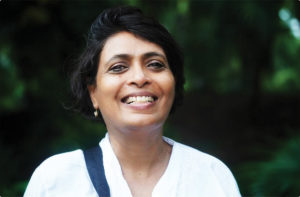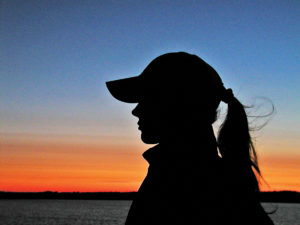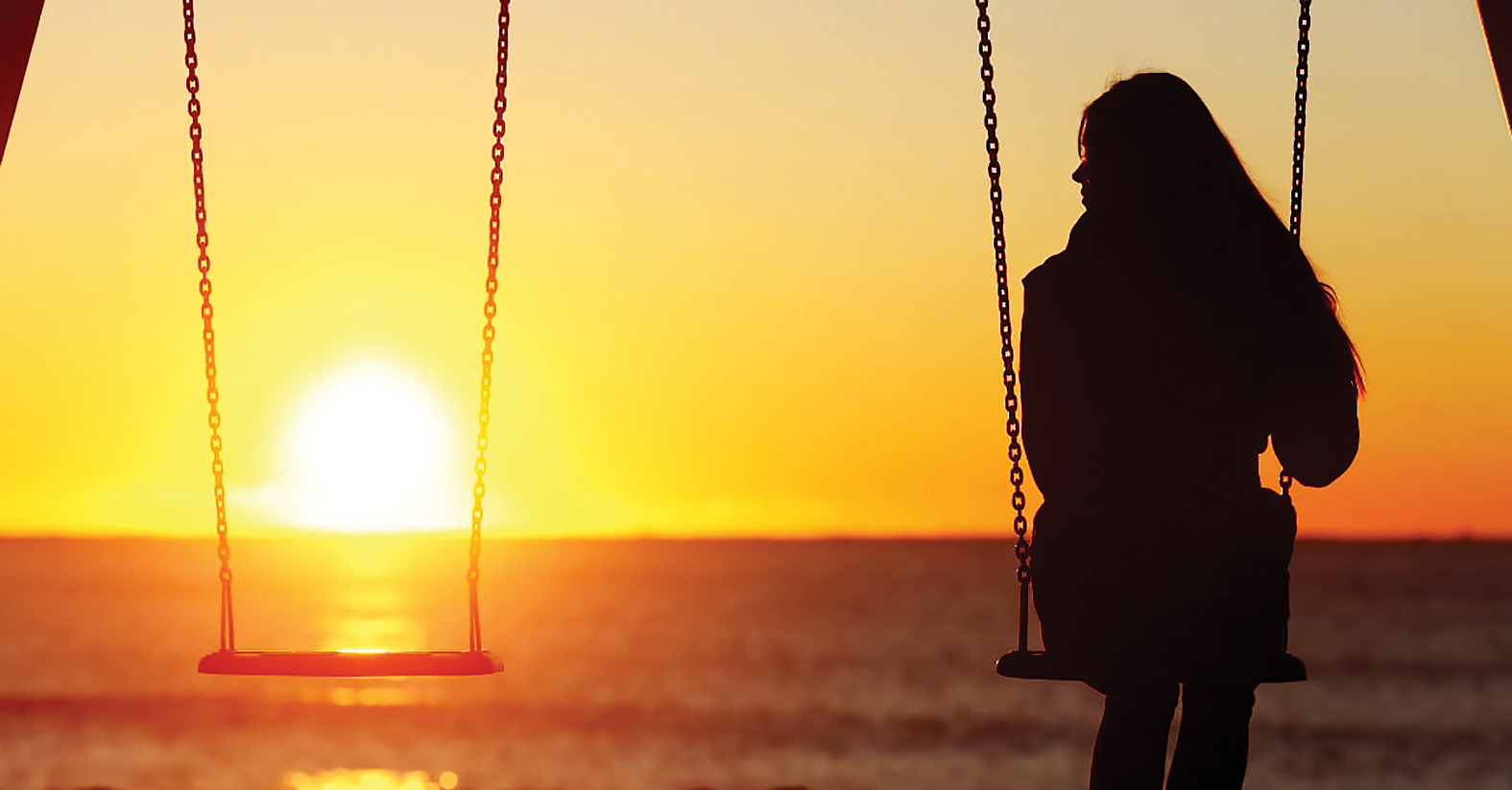Many women want to charter their own life without the support of men. It’s not limiting but liberating
Single in the city, more than 50 years of age — some may be tempted to think she’s in a deplorable condition. That’s not true for so many women. Byron Katie, an American writer who teaches a method of self-inquiry, famously said, “it’s not your job to like me, it’s mine.”
Some incredible women have taken the path of making their own choices without being bogged down by social norms.
Having said that, don’t be mistaken, they’re not one of those forceful people crying hoarse, who have made their life a struggle unto self. It’s just a personal choice to be a lone ranger, unfettered, with no strings attached. They are not against marriage, but they believe that it ought to be a choice. For some did marry, a decision they took in a hurry or was forced upon them and they didn’t resist it strong enough, only to realise it was a mistake. Everyone knows when they make a mistake but only some make a course correction, sooner than later.

Amiable Kiran Bhushi, a professor of sociology at Indira Gandhi Open University, was married for six years to an Indian while they lived in Chicago. They separated some 15 years ago. Since then she has been on her own doing well for herself. She built a house in the hills, travels all over the world with friends or alone. Over the years, apart from founding the famous eatery ‘Gunpowder’, she has evolved into a food anthropologist. She looks at civilisation from the culinary lens. Her terrace transforms into a tropical garden during monsoons. Clubbable, she loves to feed her friends and they love getting fed by her; they also love her for her forthrightness and open embrace of life.
“Who doesn’t want a companion? But marriage is not the only way, gives birth to all kinds of expectations,” she says, which can be “burdensome”. Her idea of life is to travel light, for that gives one inherent flexibility. It was a conscious decision not to have children. Instead, Kiran adopted a Nepali family that lives in her house nestled in the green hills of Uttarakhand. A bunch of feral cats, who knock her terrace door regularly, will vouch for her compassion.
So what is her attitude to men? Surely, she’s not allergic to them? “Being unfettered allows me to expand, explore, fly,” she tries to put words to the feeling of being free. “Explore the world by way of kinship — this sense of belonging which is not obligatory, purely driven by love.” There are many people she loves, there are many people who love her, but not out of a commitment, to send messages professing love for each other, or meet regularly, or demonstrate love and affection. “Do we need to be in an arrangement to be in love?” The answer is no.
Then there are older women, in their sixties and seventies, who have lived alone for decades. Some have grown-up children who settled in Europe and America but prefer being single.
A doctor, now retired, is 75 years old, still in the pink of health, lean and tall, dressed in a long coat and loose trousers. She doesn’t want to be identified because she feels it will embarrass her son, 52, who settled in the US decades ago. She lives in a big house in south Delhi, on her own, for the last 50 years. And she had not denied herself pleasures of life, but never allowed “anything to become a habit: people or things.”
Her former husband — the marriage lasted only for a year — also lives close by. Over the years, they have decided to be friends, but hardly ever meet, only when their son is around once in three or four years for a week.
A fiercely independent and private person, this septuagenarian bears no illusions about her son. “Why do you have to ask about my son to understand my condition in life?” she asks and then after a pause, betraying no emotion, adds, “To satisfy your curiosity, we are different kind of people. I cannot live with him or tolerate him being around me for long. I know he can deal with his life, and I want to be the master of my own. It’s a chapter of life that’s over.”
But then age is catching up. And there will be a time when she’d need help. “I have friends. And there are many people who will fend for me. But I don’t foster relationships to derive help from them sometime in future. They will do it if they feel like it. I’m not going to ask them.”
A woman needing a man is a fallacious social construct, she feels. She has had many flings, she was pregnant thrice, lived with a hermit in the Himalayas for years, travelled, pursued the field of medicine, carried out research, also played sports, still drives but not very often, and makes sure she’s in company of good friends. “They say you stop making friends after a certain age; it’s not true in my case,” she clarifies. A few years ago, she registered herself in an old age home in the capital, makes it a point to visit there often, particularly during festivals, and has already made some good friends. “They are my future companions,” she laughs.
A feminist group, Majlis Legal Centre, raises various issues pertaining to women via social networking site. This month their enquiry is about ‘Supermoms raising feminist sons’: bringing up boys without compartmentalising them in gender roles; for instance, it’s perfectly fine for a boy to play with dolls. They invited a series of depositions by single women.
Flavia Agnes, a founder of Majlis Legal Centre, just entered her 70s. This feminist lawyer is a prolific writer and loves her plants. She clarifies that being single is not bed of roses. “Most single people, including myself say, ‘You have the freedom to make choices for yourself!’ and we see this as liberating, like a good thing. But on the contrary, this freedom to make choices is the reason why people don’t choose to stay single…you are responsible for ALL of your decisions…which can be extremely scary.” But the question is “do you really want to put your life in someone else’s hands just for the fear of taking responsibility for your actions?”

She doesn’t believe in the institution of marriage, but for those who want tie the marital knot, it “should be your choice. Not some social obligation. Not some fear of being alone.”
She’s single. Not alone.





